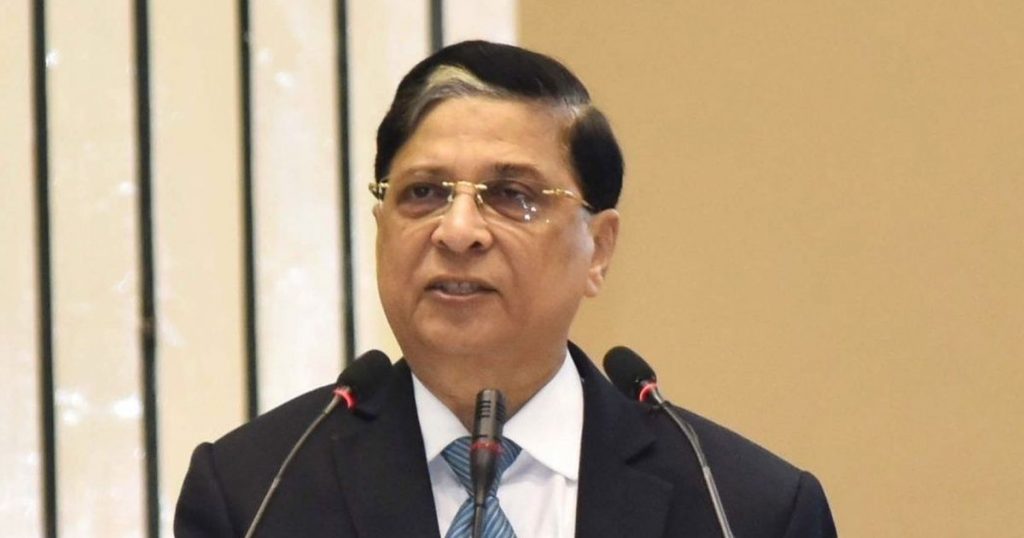New Delhi: In his Independence Day speech from the sprawling green lawns of the Supreme Court this year, an unusually belligerent Chief Justice of India (CJI) Dipak Misra quoted British poet Alfred Lord Tennyson to emphatically state that his motto is “strong in will, strive, seek, fight and not yield”.
“When a lot of noise is being made, one must work hard in silence with utmost sincerity and let the work make the noise,” he said.
The 65-year-old CJI, Dipak Misra, was breaking his nine months’ silence on the acute crisis that gripped the Supreme Court. It was after corruption allegations were leveled against him by some activist lawyers like Prashant Bhushan and Dushyant Dave in November last year.
This was aggravated by the unprecedented press conference by four senior-most Supreme Court judges, led by Justice J Chelameswar (now retired) January 12 this year, and culminated in an impeachment motion, the notice of which was rejected by Rajya Sabha Chairperson Venkaiah Naidu.
When CJI Misra rises from courtroom number 1 Monday evening, it would mark the end of an ‘action-packed’ 13-month tenure in terms of judgments he delivered touching the political, personal, religious, economic life of the nation, its cultural mosaic and social beliefs and more than that the controversies it generated.
Tumultuous term
He has undoubtedly presided over the toughest and volatile phases of the Indian judiciary.
While lawyers and rebelling judges attacked him, either through media statements or leaking confidential letters meant only for circulation within the Collegium, Misra maintained a stoic silence all through.
A deeply divided Collegium (body comprising CJI and four senior-most Supreme Court judges which took crucial administrative decisions), “lack of transparent mechanism” in assignment of cases, the controversial assignment of politically sensitive cases to a ‘preferred bench’, all of this led to a situation that many assessed as ‘unprecedented’.
CJI Misra frequently hit headlines through his landmark judgments upholding constitutional, fundamental, individual women’s rights and artistic freedom, be it banning of khap panchayats, Hadiya case (popularly called ‘love jihad’), decriminalisation of gay sex, adultery and allowing entry of women of all age into the Sabarimala temple and rejection of request to ban screening of ‘Padmavat’.
